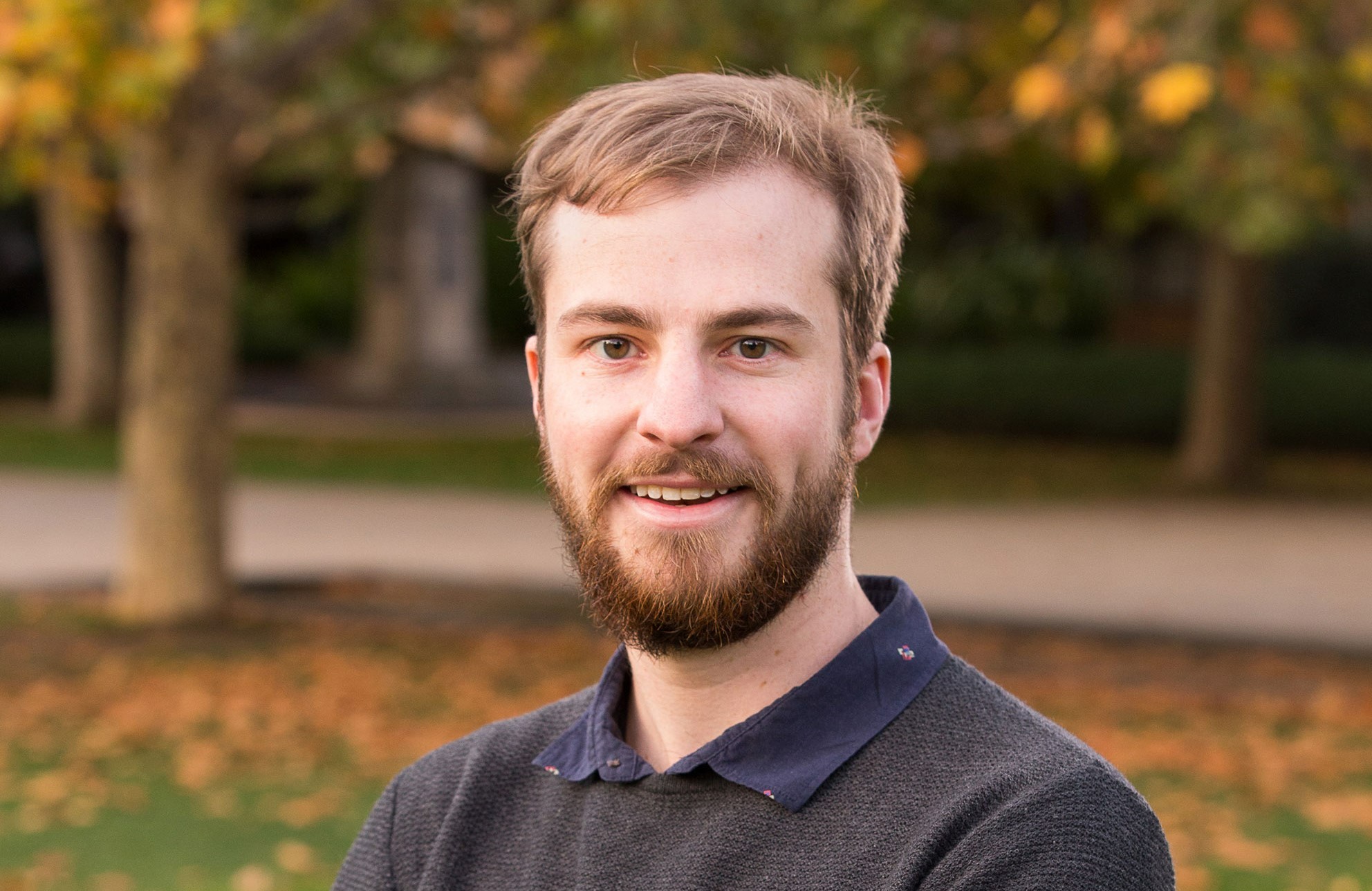Henry Jenkins completed the Master of Teaching (Primary) in 2019. Through his experience, he now aims to work in remote and disadvantaged schools to help students thrive.
Moving through high school, I got involved in an exchange organisation with secondary kids, taking students to Germany for three months at a time. That was when the pin dropped and I realised that I really wanted to get into teaching. I naturally fell into it. At the end of my undergraduate degree, the thought came back and I decided, "Yeah, why not go for that? Go for teaching."
What I love the most about teaching are the small moments, the teachable moments, and the relationships with the children.
It's hard to explain what it is until you have one of those moments. When a kid who has been struggling with a concept finally gets it, you get this little moment of joy. It might seem simple but for them it's just taken weeks and weeks to learn. When they finally grasp the knowledge, you get a little bit of pride as well because you're the one who got them through it.
One of the reasons why I chose the Faculty of Education is because of the emphasis they put on evidence-based teaching and placement.
I remember seeing a video on the school's website about the evidence-based teaching model and what it is: how teaching is not only about the theory and knowledge, but also the practical experience. So it's not just the theory side of things but linking that with your actual experience in the classroom. They made sure we got a lot of it.

After two days or so in lectures, we're thrown into the classrooms. But there's that expectation and confidence in us that we will be able to do a good job of it.
At times it's really difficult to balance these commitments, but I think it's also fantastic. It's giving us the experience of what it's going to be like to be a teacher.
I remember early in one of the first days of induction, the placement coordinator said teaching is like "holding 100 corks underwater and trying to keep them all underwater at once."
It really hits the nail on the head – the balancing act of being at university three days a week and then two days a week teaching in schools. Sometimes you get one or two assignments due on the same day, or a couple of assignments due every three or four days. Sometimes they'll even fall in the same time you're teaching and on placement. It is full on, but it's the best practice you're going to get. Once you get out there as a teacher it's going to be completely different.
Thankfully, there's a lot of support from the friends that you can make here.
Teaching is a shared sort of profession. So make sure you share with each other. I would have loved that advice going into my first semester. Don't do everything by yourself. It's not easy. So work on assignments together and share teaching plans with each other. I would really suggest to work with the other teaching candidates.
Finally, I think that the pastoral care role you have as a teacher is one of the most important aspects of teaching. I realised this in my second placement working with kids from a disadvantaged environment. I found that the relationships you build with the students are so much more important, especially in that context.
So for me, education comes second to getting those students through, making sure that they can understand numbers and can read and write enough to thrive in society and have positive relationships themselves.
The course also focuses on self-reflection, so it is really important to think about why you're here and where you want to go with teaching. It's a difficult question, but I see myself moving to another country and working in a disadvantaged school where I can make a positive change for young children.
Learn more
Master of Teaching (Primary) Explore all our courses